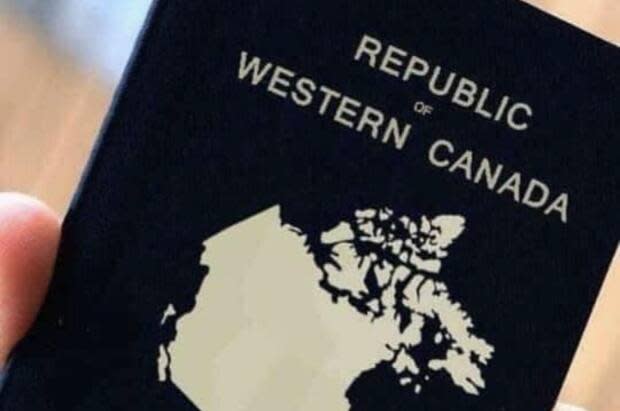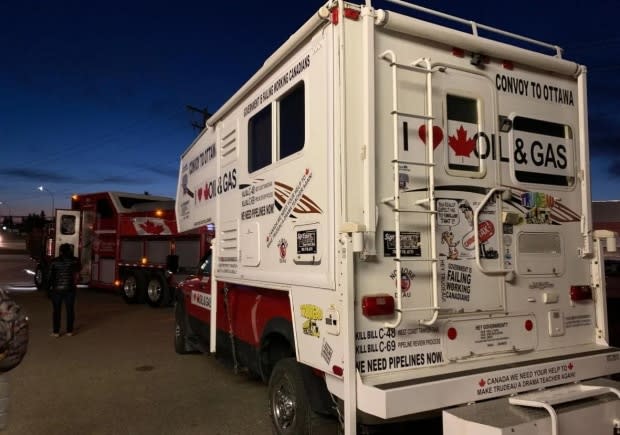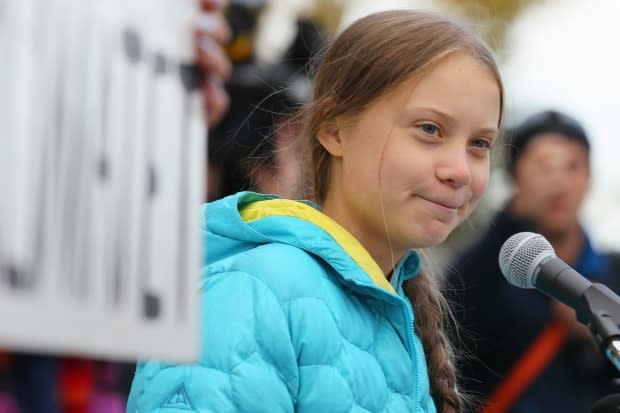OPINION | What's the deal with Alberta?

I'm not often taken for a sage, someone whose thoughts are sought on matters of great import or complexity. There are lots of good reasons for that. But on one particular subject, at least among a small group, I am the go-to person.
That subject is Alberta, and ever since the election and shutout of the Liberals in that province, family, friends and casual acquaintances have been asking variations of this: What's with Alberta?
Not because I am some political seer, but because I know where Bridgeland is in Calgary, how glorious Kananaskis is, and how treacherous Highway 2 can be in the winter.
Our family lived in Calgary for more than 15 years before moving back to Ontario. I know what an oil boom feels like, and how it feels when it goes bust. We arrived in Calgary well after the devastation of the National Energy Program, but we heard our friends' stories of lost jobs, lost houses and lives lost to suicide.
We lived through the Klein years, the population surge, and the rise of an Alberta-based prime minister. That and more apparently qualifies me in the eyes of friends and family to explain Alberta.
I don't pretend to have answers or solutions. But I have a perspective and thoughts about where the frustration and anger come from that was formed from my time in Calgary, and by a brother-in-law in Red Deer who never misses a chance to remind me how important the oil and gas industry is to Ontario's economy.

So, what do they ask? Well, I'm glad you asked.
Often they want to know what makes Albertans so irate and angry at just about everyone else in Canada, and, in particular, those of us in the now-fabled 905 area code.
Sure, they understand the province's frustration with B.C. and Quebec over pipeline opposition. But an angry Twitter outburst aimed at Newfoundlanders because they voted for Liberals? That seemed a bit much.
They ask why it seems like the discussion always has to be a zero-sum game. You are either with Alberta or you're against it. These are people who fret about the climate crisis and what it bodes for their children. But they also can hold two contradictory thoughts in their heads, and they don't doubt that Albertans in the energy industry need more help and support for whatever the future holds.
Eventually, the questions wend their way to separation.
The first: Are they serious? Answer: I suppose so, but not many people — including Premier Jason Kenney — seem too worried about Wexiters (really, really bad branding, by the way).
The second: Do they really think leaving would solve the pipeline dilemma? Alberta alone is still Alberta landlocked, and the solution won't be south of the border, because pipeline politics can be as tangled there as they are here.
There are random questions.

Why wouldn't someone from the Alberta government — even an MLA with an hour of time to kill — meet with Greta Thunberg in Edmonton? It's another example of you're with us or ag'in us.
Or: If they need revenue, why don't they have a sales tax? Me: Forget about it.
My personal favourite is the do-they-really-believe-that question, as in: Do Albertans really believe that the Liberals would spend $4.5 billion to buy a pipeline only to kill it? That one defies logic and explanation. But the fact that it gains any traction at all is a telling sign of the fear, frustration and anger in Alberta.
Finally, there's one question that's not random, rare or fantastical: Why do so many Albertans so viscerally loathe Justin Trudeau?
Part of it is a surname that reminds Albertans of a profoundly painful economic calamity at the hands of a previous Liberal government, one that was perceived to be out of touch and arrogant, and they sense the same thing today.

Part of it is the tone that has been set from the top. Kenney created a "war room." His assessment of Trudeau as an "empty trust fund millionaire who has the political depth of a finger bowl" is, to put it mildly, one of the more caustic assessments of a political opponent.
But in the end, I tell them, it is a telling example of Albertans' belief that their economic might, their enterprise and their hard work have again been taken for granted by a Liberal government that promised to be different, open and inclusive. Forty years and another Trudeau later, Albertans feel they're still on the outside looking in at a moment when their future is under siege.
There are no easy answers to the questions that siege mentality raises. But it is going to take more than a part-time sage like me — or a full-time one, for that matter — to come up with the answers.


